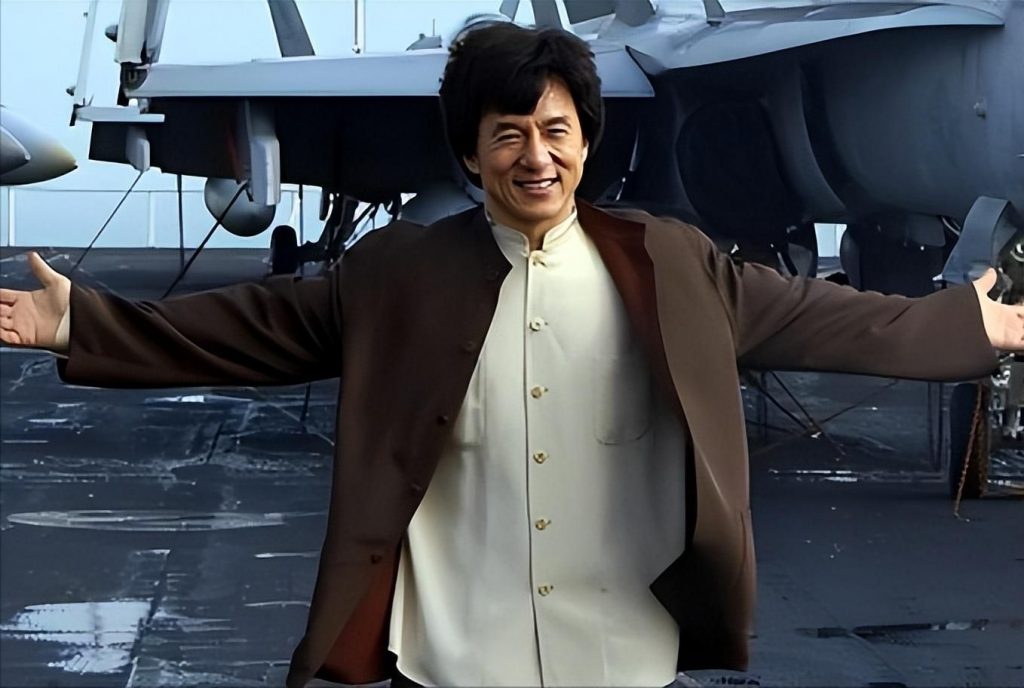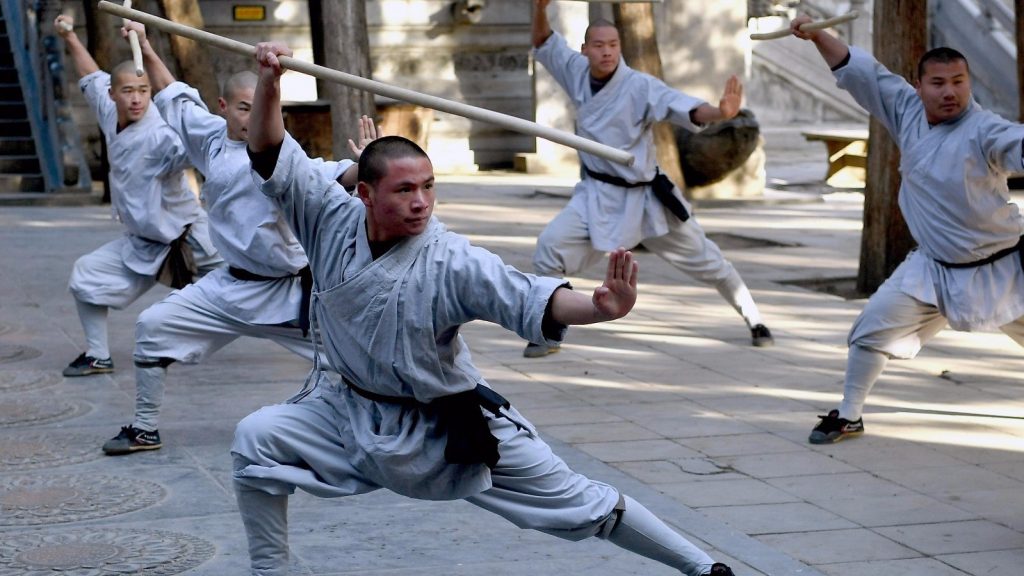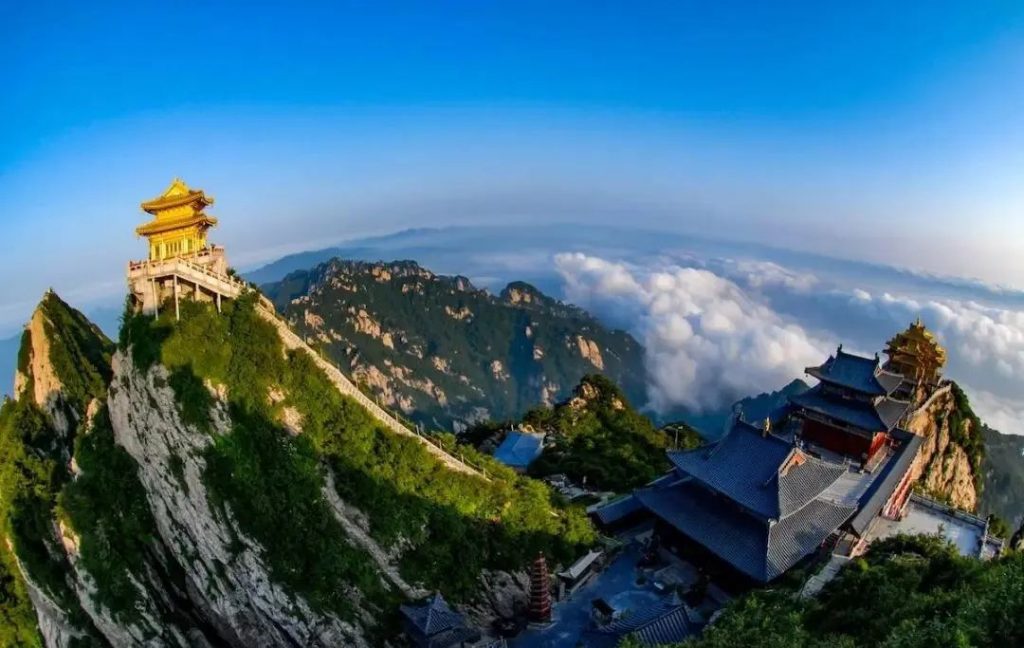
Jackie Chan, as a well-known kung fu superstar in Hong Kong and even globally, holds a significant position in the minds of Chinese people. He not only became popular worldwide with his unique comedic kung fu style, but also won widespread praise and respect in his entertainment career, social contributions, and artistic character. The following is a comprehensive analysis of Jackie Chan’s evaluation in the minds of Chinese people from different perspectives.
Achievements in the entertainment industry
Jackie Chan is another kung fu superstar in Hong Kong after Bruce Lee, and his works have had a profound impact worldwide. His works have repeatedly become the annual box office champion of Chinese language films in Hong Kong, breaking box office records multiple times, and his unique comedy kung fu style has become popular worldwide. His performance style is humorous and witty, while also retaining the strength and power of martial arts, allowing the audience to feel the charm of martial arts in laughter.
In the eyes of Chinese people, Jackie Chan is not only an actor, but also a cultural symbol. He has pushed Chinese martial arts and film culture to the world stage through his own efforts, allowing more people to understand and love Chinese culture. Each of his works is full of positive energy, conveying a positive attitude towards life and inspiring countless young people to bravely pursue their dreams and work tirelessly.
Recognition of social contributions
Jackie Chan has not only achieved brilliant success in his entertainment career, but also made outstanding contributions to social welfare. He is enthusiastic about public welfare and actively participates in various charitable activities, interpreting the spirit of “boundless love” with his practical actions.
In 1988, Jackie Chan was named one of the top ten outstanding young people in the world, which is a high recognition of his personal achievements and social contributions. Afterwards, he successively received honors such as the Top 10 Touching People in China, UNICEF Goodwill Ambassador, and Forbes Global Top 10 Charity Stars. These honors are not only a recognition of his personal qualities, but also a high praise for his public welfare work.
Jackie Chan actively participates in various charity activities, bringing warmth and hope to children in impoverished areas. He uses his influence and appeal to mobilize more people to participate in public welfare undertakings and contribute to the development of society together. His good deeds not only won widespread praise from society, but also invisibly enhanced the international image of the Chinese people.
Appreciation of Artistic Virtue and Character
Jackie Chan’s achievements in the entertainment industry and social welfare are remarkable, but what is even more admirable about him is his artistic ethics and character. He always adheres to the principle of only playing upright roles and interprets justice and responsibility through his actions. His persistence not only won the love and respect of the audience, but also invisibly conveyed positive energy and correct values.
In the film crew, Jackie Chan is known as the hardworking third son. He never uses stunt doubles in his acting, and personally completes all difficult movements. This dedication is truly admirable. His spirit has not only inspired countless peers and juniors, but also invisibly elevated the standards and level of the entire industry.
In private, Jackie Chan is also an approachable and amiable person. He maintains good relationships with many celebrities and often collaborates with them to shoot movies or participate in public welfare activities. His affability not only earned him widespread praise and respect within the industry, but also established a friendly and lovely image in the hearts of the audience.
Wide and profound cooperation
Jackie Chan has collaborated with numerous celebrities in his career, which not only showcases his extensive network in the industry, but also reflects his deep friendship with different actors.
Chow Yun fat: Although the two have been working in the film industry for decades without direct collaboration, their mutual respect and appreciation are self-evident. Chow Yun fat once publicly praised Jackie Chan as an idol of people all over the world, representing the spirit of Hong Kong and Chinese people.
Jet Li: As a kung fu superstar with international influence, Jackie Chan’s collaboration with Jet Li has attracted much attention. From singing the theme song of “Huang Feihong 2: Men’s Self Strengthening” to the peak showdown in “Kung Fu King”, their collaboration not only showcases their respective martial arts skills, but also shows the audience their deep friendship.
Andy Lau: As a junior of Jackie Chan, Andy Lau has collaborated with him more frequently. The two not only cooperated seamlessly in the movie, but also became close friends in private. Andy Lau greatly admires Jackie Chan’s professionalism and has expressed his gratitude to him in public on multiple occasions.
Anita Mui: As one of Jackie Chan’s favorite actresses, Anita Mui has collaborated with him on multiple films. The tacit understanding and friendship between the two are also widely recognized in the industry. Anita Mui once openly joked that Jackie Chan is a big kid who loves to play and be lively, but this is also one of the reasons why she loves him.
Attitude towards disputes
Although Jackie Chan has achieved great success in his acting career and social welfare, he is also inevitably subject to some controversies and doubts. For example, the controversy surrounding his portrayal of villains in Hollywood movies left him feeling helpless. However, Jackie Chan’s attitude towards these controversies is rational and tolerant. He believes that the audience should rationally view the role positioning of actors in movies and not confuse the plot with reality. He hopes to win the recognition and respect of the audience through his own efforts and performance, rather than maintaining his image by avoiding controversy.
epilogue
In summary, Jackie Chan’s reputation among Chinese people is extremely high. He not only achieved brilliant achievements in the entertainment industry, but also won widespread praise and respect in social welfare and artistic ethics. His success is not only the result of his personal efforts, but also a reflection of Chinese culture and spirit. I believe that in the future, Jackie Chan will continue to influence and inspire more people to move forward in his own way.


